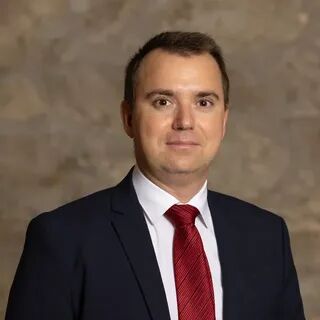15/05/2024

Dr. Péter Szitás
Deputy Director of Research
Former adjunct professor at J. Selye University in Komárno (SK) and the Constantine the Philosopher University in Nitra (SK). Previously, he obtained a PhD. in literature in Slovakia. Holder of a BA in International Studies from Eötvös Loránd University (HU) and an MA in International Security and Defense Policy from the National University of Public Service (HU). Since 2020 Péter has been a Research Fellow at the Danube Institute. His main areas of investigation are geopolitics and terrorism.
Business contact: peter.szitas@danubeinstitute.hu